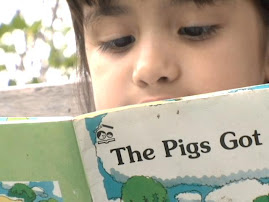Queisha Malcom, Dallas HIPPY Home Instructor
Jakavia and her little cousin LaMaurie, both in HIPPY!
Recently, President Obama released his proposed 2014 budget request, which included $75Billion over the next decade, to be invested in his "Preschool for All" proposal. I know that's A LOT OF MONEY - but I decided to check out what is proposed for the military budget ($640B) and the Department of Transportation Budget ($77B). How much is the future of our national worth? At least the same as the transportation infrastructure it seems.
As we know if we listen to the news, this budget is still being battled contentiously. The proposal is however a good indicator of the president's recognition of the importance of early childhood education. Most exciting to me is that the early learning commitment includes $400M for research based home visiting programming. This means that programs like HIPPY are in line to expand services to meet the need for school readiness in even more communities.
I know you are wondering, what does HIPPY cost? It varies due to different pay scales in different communities. Our 2011 average yearly cost to serve a child in Texas is $1,650. This includes 30 home visits, 6 parent meetings and child enrichment experiences, provided by a trained peer home visitor, supervised and trained by a professional coordinator, utilizing a research based curriculum that provided to parents in their home.










